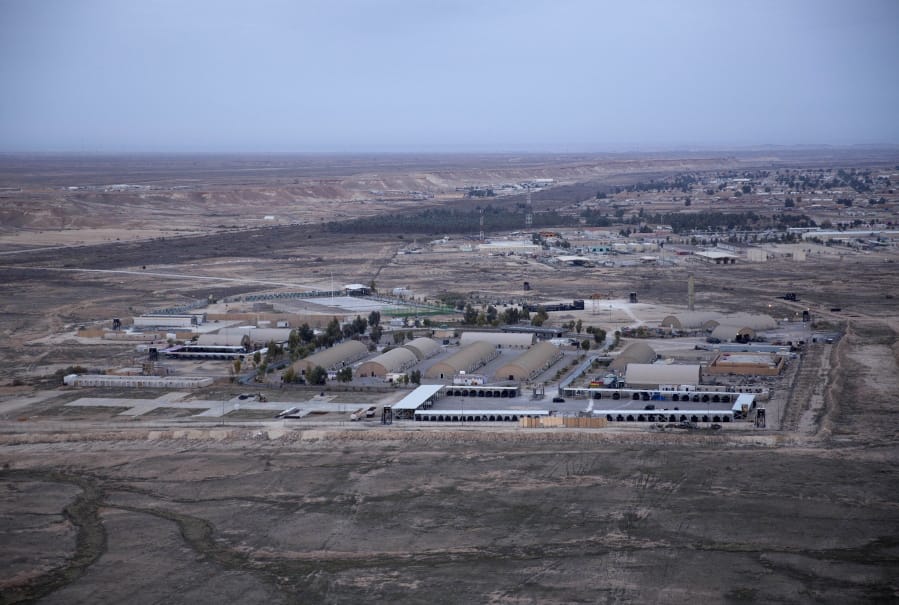WASHINGTON — The Pentagon disclosed on Friday that 34 U.S. service members suffered traumatic brain injuries in Iran’s missile strike this month on an Iraqi air base, and although half have returned to work, the casualty total belies President Donald Trump’s initial claim that no Americans were harmed. He later characterized the injuries as “not very serious.”
Eight of the injured arrived in the United States on Friday from Germany, where they and nine others had been flown days after the Jan. 8 missile strike on Iraq’s Ain al-Asad air base. The nine still in Germany are receiving treatment and evaluation at Landstuhl Regional Medical Center, the largest U.S. military hospital outside the continental United States.
Jonathan Hoffman, the chief Pentagon spokesman, said the eight in the U.S. will be treated at Walter Reed National Military Medical Center in Bethesda, Md., or at their home bases. The exact nature of their injuries and their service and unit affiliations were not disclosed.
Trump had initially said he was told that no troops had been injured in the strike, which Iran carried out as retaliation for a U.S. drone strike in Baghdad that killed Iran’s most powerful general, Qassem Soleimani, on Jan. 3. The military said symptoms of concussion or traumatic brain injury were not immediately reported after the strike and in some cases became known days later. Many were in bunkers before nearly a dozen Iranian ballistic missiles exploded.



